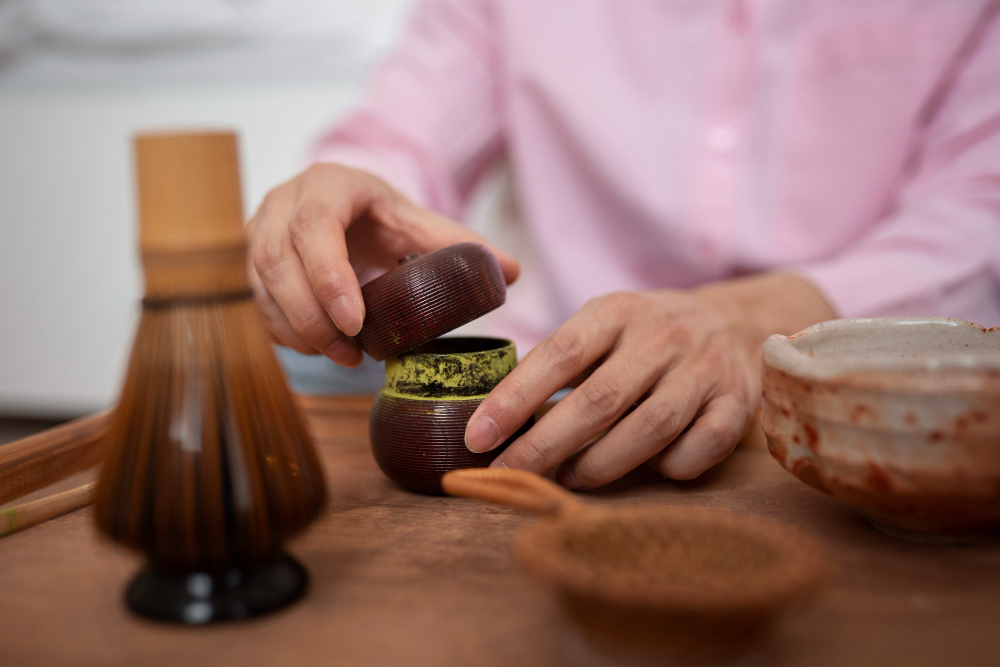Introduction
Ayurveda, the ancient Indian system of holistic healing, has gained significant popularity in recent years. As more people seek natural and personalized approaches to health and wellness, finding a qualified Ayurvedic practitioner has become increasingly important. However, with the growing interest in Ayurveda, it can be overwhelming to navigate the vast landscape of practitioners and choose the right one for your needs. In this article, we will provide you with a comprehensive guide to help you find a skilled and experienced Ayurvedic practitioner.
Understanding Ayurveda and Its Practitioners
Before embarking on your search, it’s essential to have a basic understanding of Ayurveda and the different types of practitioners. Ayurveda is a holistic system that emphasizes the interconnectedness of mind, body, and spirit. Ayurvedic practitioners work to restore balance to these three aspects by tailoring treatment plans to each individual’s unique constitution (dosha).
Types of Ayurvedic Practitioners
- Ayurvedic Doctors: These practitioners have completed extensive training in Ayurveda and may hold advanced degrees. They can diagnose health conditions and prescribe Ayurvedic treatments.
- Panchakarma Therapists: Specialists in Panchakarma, a series of purification therapies, these practitioners focus on cleansing and rejuvenating the body.
- Yoga Therapists: Combining the principles of Ayurveda with yoga, these therapists offer therapeutic yoga practices to promote healing and balance.
- Ayurvedic Lifestyle Consultants: These practitioners provide guidance on diet, lifestyle, and daily routines based on Ayurvedic principles.
Steps to Finding a Qualified Practitioner
1. Define Your Needs:
- What are your health goals? Are you looking to manage a specific condition, improve your overall well-being, or prevent future health problems?
- What type of treatment are you seeking? Do you prefer a more traditional Ayurvedic approach, or are you interested in a combination of Ayurveda and modern medicine?
2. Research and Recommendations:
- Online Directories: Look for online directories that list certified Ayurvedic practitioners in your area.
- Professional Associations: Check the websites of professional Ayurvedic organizations for a list of certified practitioners.
- Word-of-Mouth: Ask friends, family, or healthcare providers for recommendations.
- Local Yoga Studios and Health Food Stores: These establishments often have connections to Ayurvedic practitioners.
3. Verify Credentials:
- Certification: Ensure that the practitioner holds a recognized certification from a reputable Ayurvedic institution.
- Experience: Inquire about the practitioner’s experience and the number of years they have been practicing Ayurveda.
- Specializations: If you have specific health concerns, look for practitioners with expertise in that area.
4. Schedule a Consultation:
- Initial Consultation: Most practitioners offer a free or low-cost initial consultation to discuss your health history and goals.
- Ask Questions: During the consultation, ask about the practitioner’s approach, treatment modalities, and their philosophy of Ayurveda.
- Trust Your Intuition: Pay attention to how you feel during the consultation. Do you feel comfortable and connected with the practitioner?
What to Expect from an Ayurvedic Consultation
- Comprehensive Assessment: The practitioner will likely ask about your diet, lifestyle, sleep habits, and medical history.
- Pulse and Tongue Diagnosis: Ayurvedic practitioners use pulse and tongue diagnosis to assess your dosha imbalance and overall health.
- Personalized Treatment Plan: Based on your assessment, the practitioner will create a customized treatment plan that may include dietary changes, herbal remedies, Panchakarma therapies, yoga, and lifestyle modifications.
Conclusion
Finding the right Ayurvedic practitioner can be a transformative experience. By following the steps outlined in this guide, you can increase your chances of finding a qualified and compassionate practitioner who can support you on your journey to optimal health and wellness. Remember, Ayurveda is a personalized approach to healing, so it’s important to find a practitioner who resonates with you and your unique needs.
Additional Tips:
- Consider the practitioner’s location and accessibility.
- Inquire about the practitioner’s fees and insurance coverage.
- Be open-minded and patient. Ayurveda is a holistic approach that may require lifestyle changes and long-term commitment.
Would you like me to add anything else to this article, such as information on specific Ayurvedic treatments or tips for preparing for your first consultation?





